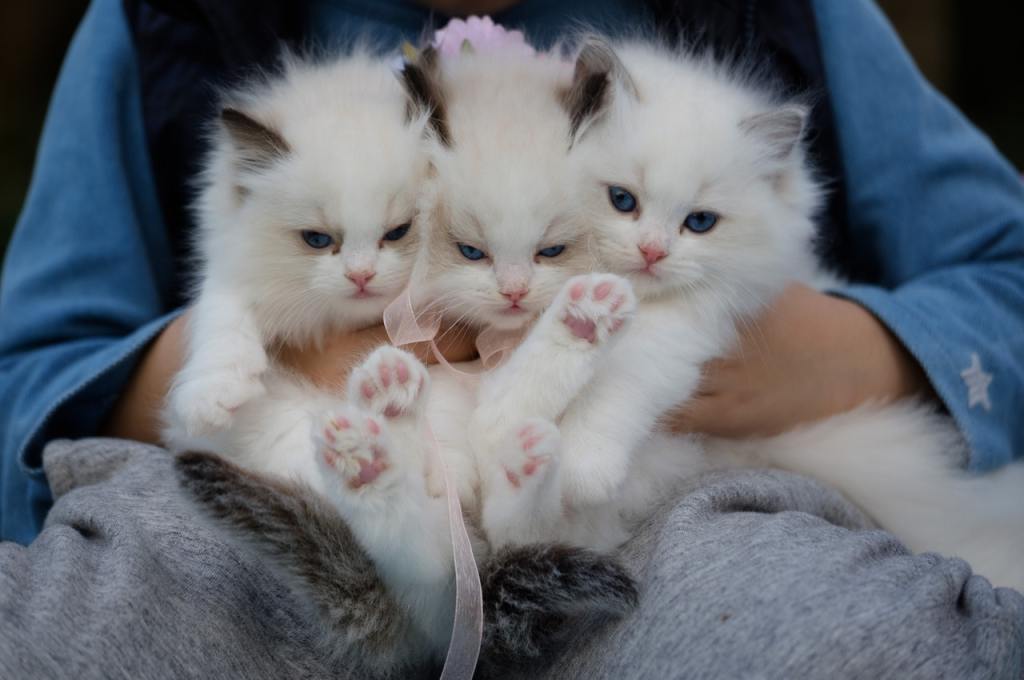If you consider your pet a member of your family, we’ve got some good news. With more and more people proudly adopting the term “pet parent” to describe their relationship with their pets, pet insurance is on the rise. According to the North American Pet Health Insurance Association, over 2 million pets in the United States and Canada are insured.
But what if your pet has a preexisting condition? Pet insurance that covers preexisting conditions can be tough to find, but they aren’t always mutually exclusive. Many pet parents have found themselves online frantically searching terms like “pet insurance preexisting conditions” only to come up short. We’ve got the scoop on common preexisting conditions, whether insurance can help, and what to look for in an insurance company.

What are preexisting conditions in pets?
If you’ve shopped around for pet insurance, you’re undoubtedly familiar with the term “preexisting conditions.” If not, you might be wondering, “What the heck are they?” If you ask Nationwide, a preexisting condition is described as “basically any illness or injury that your pet had before coverage started.”
According to Healthy Paws, an insurance company that also runs a nonprofit foundation for homeless pets, common preexisting conditions in both dogs and cats include allergies, cancer, diabetes, inflammatory bowel disease, and obesity. Some conditions, such as dry eyes, glaucoma, and hypothyroidism, are more common in dogs, while conditions such as asthma, hyperthyroidism, and kidney disease are found more often in cats.
What does this mean for your pet? Essentially, if your fur baby was diagnosed prior to being insured, her condition won’t be covered. However, there is a caveat that works in your favor. If you can prove your pet’s condition has been cured for a minimum of six months before her insurance coverage starts, it may be covered under her new plan if it comes back. Your vet should be able to help you document your pet’s condition and cure.
Curable vs. chronic conditions
We’ll be honest: Insurance can be pretty confusing. Why are some preexisting conditions covered but not others? As it turns out, it all boils down to whether your pet’s condition is considered curable or chronic.
Curable
Curable conditions include illnesses like ear infections, eye infections, diarrhea, upper respiratory infections, and urinary tract infections. As we mentioned, some pet insurance companies will cover curable conditions if you have a note from your veterinarian declaring your pet cured.
The amount of time pets have to be cured prior to coverage varies from one insurer to the next, so you should always read the fine print when you’re applying for pet insurance.

Chronic
Unlike curable conditions, chronic conditions aren’t going anywhere. Because these health issues will affect your fur baby for her entire life, they’re not covered by any pet insurance company. (You may be able to find help with making payments, though.)
Chronic conditions include allergies, arthritis, cancer, cataracts, diabetes, hip dysplasia and other joint issues such as cruciate ligament tears (the dog equivalent of ACL tears in humans) and patellar luxation, and thyroid disease (hyperthyroid and hypothyroid).
Is pet insurance worth it?
If your pet has a preexisting condition, you may be asking yourself if it’s worth the cost. Our honest answer is … it depends. The best time to insure your pet is when she’s young, healthy, and doesn’t have any preexisting conditions. But if you have older pets who already have a ton of health issues, your mileage may vary.
Most insurance plans cover breed-specific conditions as long as they’re diagnosed after enrollment. For example, breeds like German shepherds are prone to hip dysplasia. If you have a shepherd with diabetes, your pet’s policy won’t cover his preexisting condition (diabetes), but a later diagnosis of hip dysplasia will be covered as long as the waiting period has ended.
Choosing insurance for pets with preexisting conditions
The cost of medical treatment for pets is astronomical, running as high as tens of thousands of dollars. Whether your pet has a preexisting condition or not, enrolling in pet insurance can make all the difference. In the event of a sudden illness, injury, or accident, you could be facing significant expenses. Pet insurance makes the costs easier to manage.
Even if your pet does have a preexisting condition, you still have options. From working out a payment plan with your veterinarian to pet-centric credit cards, help is available if you have trouble covering your pet’s medical expenses.



